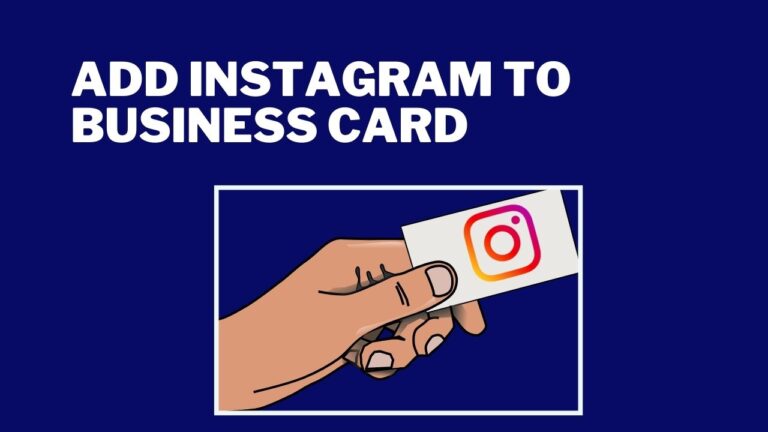
Written by Utkarsh Anand, a Personal Branding and Marketing Expert: Learn more
Establishing a strong brand presence is essential in the ever-changing corporate world.
A brand platform is the basis on which future branding decisions are made.
A brand platform encompasses your company’s values, identity, and promise. It is more than just a logo or a snappy phrase.
This post will go in-depth on how to create a powerful Brand Platform that connects with your audience. We will give you some insight into what is takes to create a distinct brand platform that sets you apart and deeply connects with your audience.
What is a Brand Platform?
A brand platform is a comprehensive blueprint, that shapes a company’s identity, messaging, and visual elements. It forms the core of all branding and marketing efforts to ensure consistency across channels.
All brand decisions stem from this blueprint. It provides a foundation for most or all brand-related decisions.
Having a brand platform can be extremely beneficial, especially at large corporations where many different individuals can be involved in branding efforts.
Elements of a Brand Platform
Brand Mission:
The brand’s mission acts as a statement of what your brand is currently doing to achieve its purpose. A concise statement outlining the purpose and objectives of your brand’s existence.
Brand Values:
The core principles that guide your brand’s behavior and decision-making reflect its ethos and beliefs. This is what guides the direction you take with your branding.
Brand Vision:
The brand vision is how you envision your company’s future. It comprises company objectives and strategies for the development of your brand. Brand Vision focuses on your brand’s future achievements and your vision for them.
Brand Personality:
Human traits and characteristics that give your brand a relatable identity—a set of human traits that are associated with a company name are referred to as a brand personality.
The consumer can identify with a brand’s personality. Regular customers may begin to associate certain aspects of their own personalities with the brand’s personality.
Tagline/Slogan:
A tagline or slogan is a short and memorable statement that captures the spirit of a business, its core principles, and its distinctive selling proposition.
It is a potent instrument for enhancing brand identity and leaving a lasting impact on customers. An effective tagline can elicit feelings, convey important signals, and set a business apart from its rivals.
Importance of a Brand Platform
Establishing a Unique Identity
In a crowded marketplace, a well-defined brand platform helps your business stand out. It differentiates you from competitors and helps consumers connect with your unique offerings.
Fostering Customer Loyalty
A strong brand platform creates an emotional bond with customers. When they resonate with your brand’s values and story, they’re more likely to become loyal advocates.
According to a survey by Nielsen, 59% of consumers prefer to buy products from brands they are familiar with.
Driving Consistent Messaging
With a solid brand platform, your messaging remains consistent across all channels. This consistency builds trust and reinforces your brand’s credibility.
Guides Decision-Making
Your brand platform serves as a compass for decision-making. It helps guide strategic choices, from product development and design to marketing and partnerships. When decisions align with your brand’s core, they are more likely to resonate with your audience.
Implementing Your Brand Platform
Many businesses hire branding consultants to help them create a brand platform but some bigger corporations like to do this completely in-house.
What works best for you will depend on many things which can include, business size, budget, expertise, objectives, etc. But if you would like to know how you can approach implementing a brand platform, keep reading on!
Consistency Across All Touchpoints
Whether it’s your website, social media, packaging, or customer service, your brand platform should be consistently reflected to reinforce your identity.
Having consistency with your content marketing efforts is extremely essential. Building brand awareness through content is an effective strategy. When your audience sees your content and can immediately associate it with your business, you are doing something right!
According to Forbes, brands that maintain a consistent presentation across all channels see an average revenue increase of 23%.
Employee Alignment and Brand Advocacy
Your employees should embody your brand’s values and mission. When they believe in your brand, they become its advocates, promoting authenticity.
Gathering and Incorporating Customer Feedback
Listen to your customers. Their feedback helps you refine your brand platform and cater to their evolving needs and expectations.
Measuring and Adapting Your Brand Platform
Key Performance Indicators (KPIs) for Brand Success are essential to evaluate your efforts. Brands track metrics like brand awareness, customer loyalty, and perception to gauge the effectiveness of your brand platform.
Adapting to Changing Market Dynamics
Markets evolve, and your brand should too. Regularly assess market trends and consumer preferences to ensure your brand’s platform remains relevant.
Conclusion
Creating a compelling brand platform is a journey that requires introspection, research, and creativity. By following the steps outlined in this article, you’ll be equipped to establish a brand platform that not only captures the essence of your business but also resonates with your target audience.
FAQs
What is the primary purpose of a brand platform?
A brand platform establishes a strategic foundation for a brand’s identity, messaging, and visual elements.
How does a brand’s platform foster customer loyalty?
When customers resonate with a brand’s values and story, they are more likely to become loyal advocates.
Why is employee alignment important for brand success?
Employees who align with a brand’s values become advocates, promoting authenticity and building trust.
How can I measure the effectiveness of my brand’s platform?
Key performance indicators (KPIs) such as brand awareness and customer loyalty can help gauge brand platform success.
Why is it important to adopt a brand platform over time?
Markets change, and adapting your brand platform ensures it remains relevant and appealing to your target audience.





